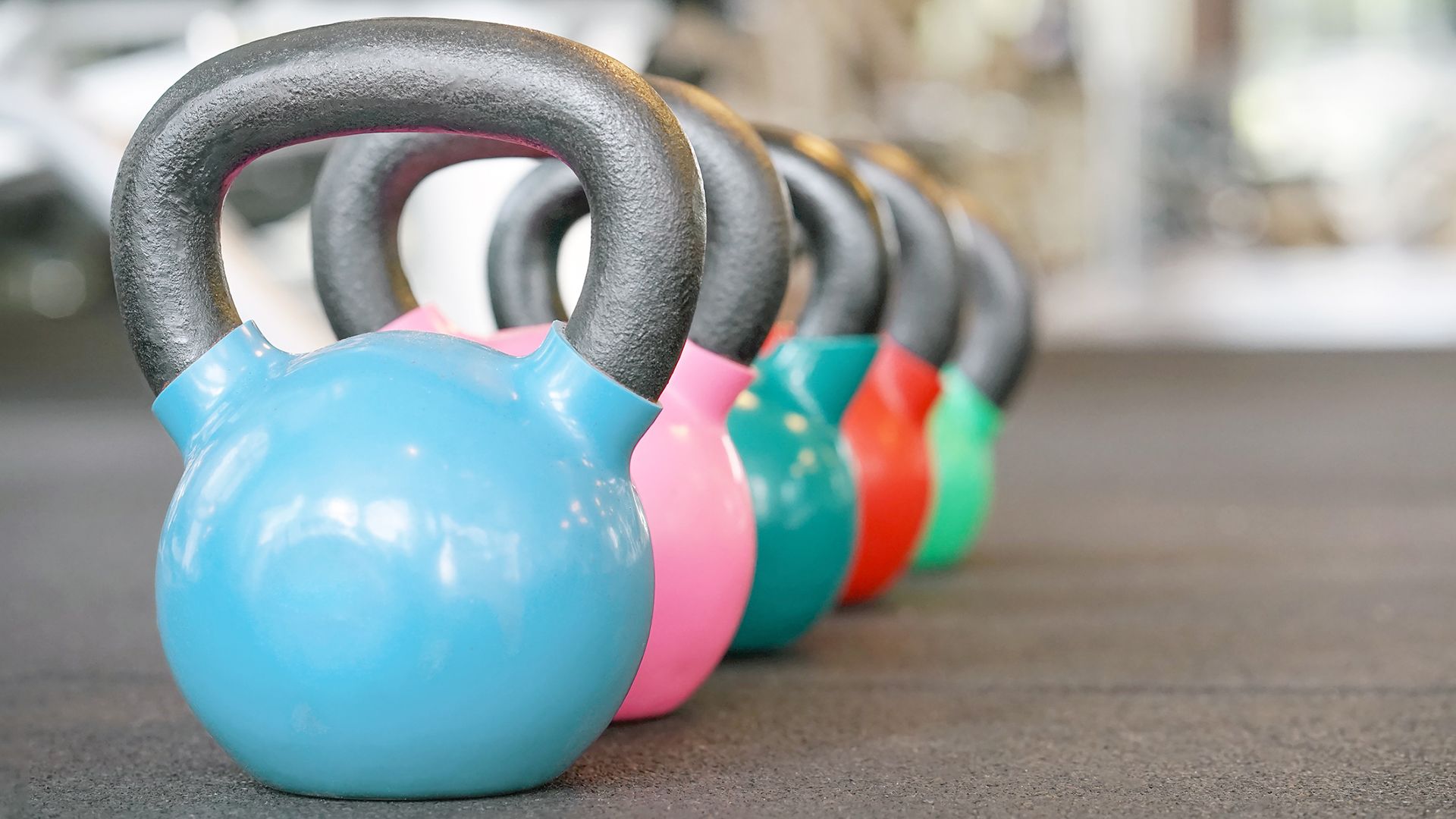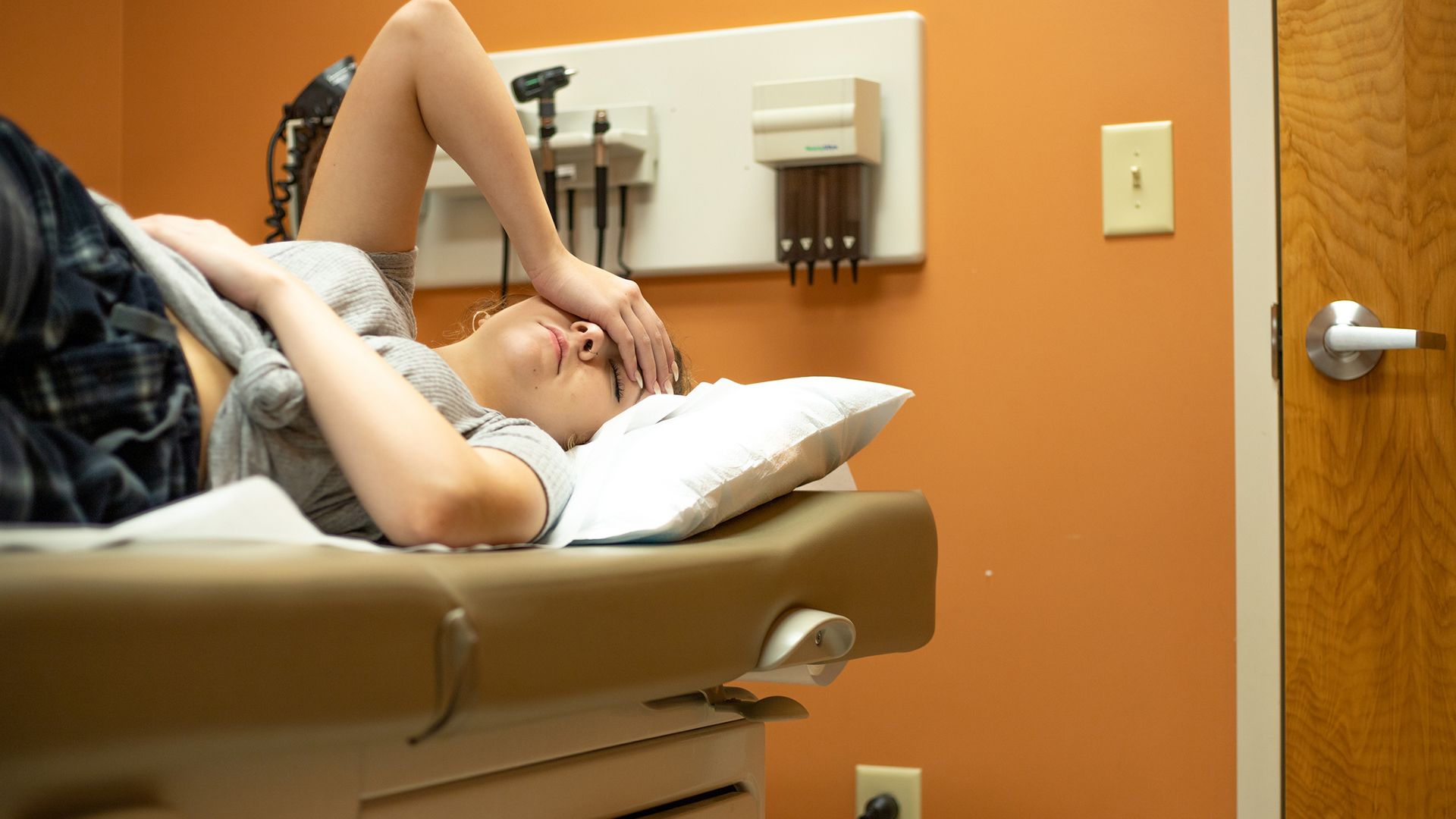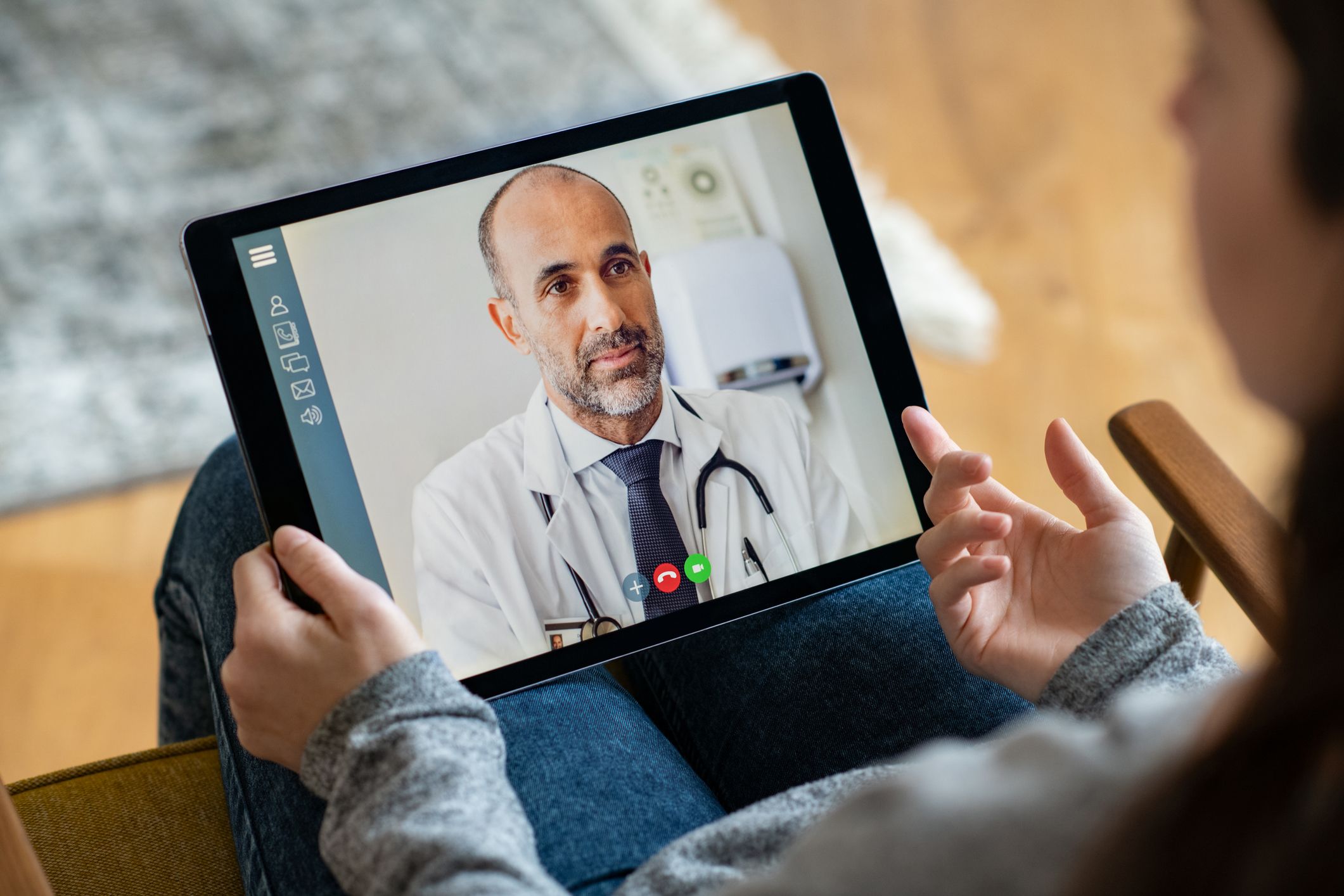Along with Crohn's disease, ulcerative colitis (UC) is one of the two main types of inflammatory bowel disease (IBD). If medications, diet and lifestyle changes have not been able to bring IBD into remission, surgery might be the best way to reach long-term relief from symptoms. Many people with ulcerative colitis or Crohn's disease consider surgery at some point. Here are instances when IBD surgery might be a good option:
- Your doctor says your inflammation hasn't improved, has gotten worse or has developed into cancer
- You're experiencing complications from the disease (abscesses, fistulas, bowel obstructions, etc.)
- Medication hasn't worked well for you, including biologics, immunologics and/or corticosteroids
While UC and Crohn's disease share many symptoms, the surgery used to treat the two disorders are different. Here, we look at the different surgeries that may be used for each condition and some things to consider when making a decision about IBD surgery.
Different types of IBD surgery
The reasons for surgery, types of procedures and results differs for each disease. "While an operation for ulcerative colitis gives you a cure for the disease and its symptoms—since you're removing the large intestine, and thus removing the inflammation—surgery for Crohn's can be more difficult and isn't curative because you're removing certain areas of inflammation along the gastrointestinal tract," says Marc Sonenshine, MD, a gastroenterologist at Atlanta Gastroenterology Associates in Atlanta, Georgia. And since Crohn's essentially flares up in different areas, you're often at a higher risk of having a second surgery if you needed the first one, says Dr. Sonenshine.
You may be eligible for a few types of IBD surgery and should weigh the pros and cons of each. Before undergoing UC surgery, for example, you and your doctor will have to decide on one of two procedures that will remove your large intestine but still allow you to get rid of waste. In a newer type of surgery, known as a restorative proctocolectomy, your surgeon essentially creates a new pathway and internal storage pouch from your small intestine that allows you to pass waste like normal. But there are some drawbacks to creating that internal storage pouch, like inflammation, more frequent bowel movements, a longer recovery time post-surgery, possible revision surgery due to leakage and even pouch failure. The traditional procedure, called a proctocolectomy with ileostomy, will mean wearing an odorless external pouch over a small opening in your abdomen in order to collect stool. You'll have to empty this pouch several times a day, but it's often your best option when UC is severe.
A proctocolectomy with ileostomy may be best for some Crohn's sufferers, too. But because Crohn's occurs in patches of inflammation along the digestive tract and isn't limited to the large intestine, other surgical procedures may be necessary. Keep in mind that only after talking with your doctor will you know which surgery is best for you.
If the time is right
"I know how hard it is for people who are facing surgery for IBD," says Dr. Sonenshine. "In many ways it's a decision that affects entire families, and leads to a lot of extra stress and quality of life issues that can be tough for many sufferers." But consider this: Even though opting for IBD surgery is not an easy choice, the important thing to remember is that it may be the best way to finally get your symptoms under control. If you think you might be ready for surgery, talk with your doctor about all yours risks and benefits.





